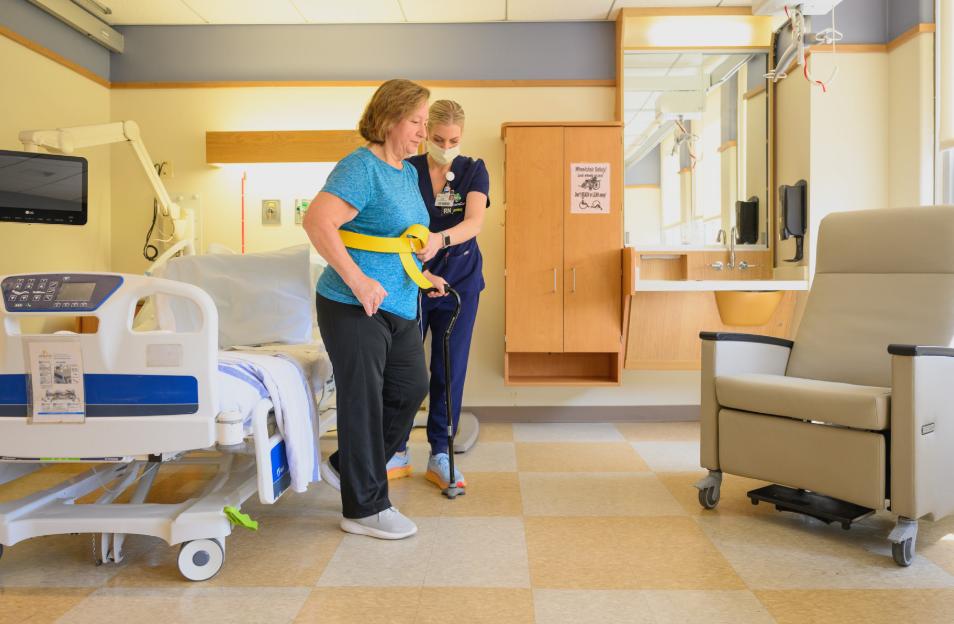A rehabilitation centre is far more than just a place of treatment—it is a comprehensive ecosystem designed to address the multifaceted challenges individuals face during recovery. From advanced therapeutic methodologies to cutting-edge technology, these centres focus on creating tailored environments for sustainable transformation.
1. Integrative and Evidence-Based Therapies
Modern rehabilitation centres employ an array of evidence-based therapies, ranging from cognitive-behavioural therapy (CBT) to neurofeedback and somatic experiencing. These therapies not only address surface-level issues but delve into underlying psychological and neurological patterns to ensure profound and lasting recovery.
2. Advanced Medical Support and Technology
Centres equipped with state-of-the-art medical facilities provide access to innovations like robotic-assisted physiotherapy, virtual reality for pain management, and wearable health trackers. These technologies offer precise monitoring and accelerate recovery processes for injuries, neurological conditions, or chronic illnesses.
3. Personalised Recovery Ecosystems
Each individual’s journey to recovery is unique. Leading centres craft personalised recovery ecosystems, incorporating bespoke meal plans, curated physical fitness regimes, and mindfulness practices to cater to each patient’s specific needs and goals.
4. Building Adaptive Coping Mechanisms
Rehabilitation today focuses on resilience-building by identifying personal triggers and teaching adaptive coping strategies. Techniques like dialectical behaviour therapy (DBT) and emotional regulation exercises help individuals navigate stress and prevent relapse.
5. Community and Interpersonal Dynamics
Facilitating peer support networks has proven instrumental in recovery. Group sessions are often enhanced with trauma-informed approaches, creating safe spaces for individuals to share and learn. These dynamics foster accountability, empathy, and a sense of shared purpose.
6. Post-Rehabilitation Continuity
Recovery doesn’t conclude at discharge. Leading facilities, such as Cape Town rehabilitation centres, extend support through virtual counselling, peer mentorship programmes, and mobile apps that provide tools and reminders for ongoing progress.
7. Holistic Skill Development
In addition to physical and emotional recovery, these centres emphasise life skills such as financial management, interpersonal communication, and career development. Such training ensures individuals can reintegrate confidently into society.
8. Emphasis on Preventative Care
Preventative strategies include genetic counselling, lifestyle coaching, and nutritional advice aimed at mitigating future health risks. This proactive approach reduces the likelihood of recurrence and enhances overall quality of life.
By merging science, empathy, and innovation, a rehabilitation centre transforms lives, helping individuals reclaim autonomy and thrive. With cutting-edge tools and compassionate care, these centres lay the groundwork for enduring recovery and empowerment.


